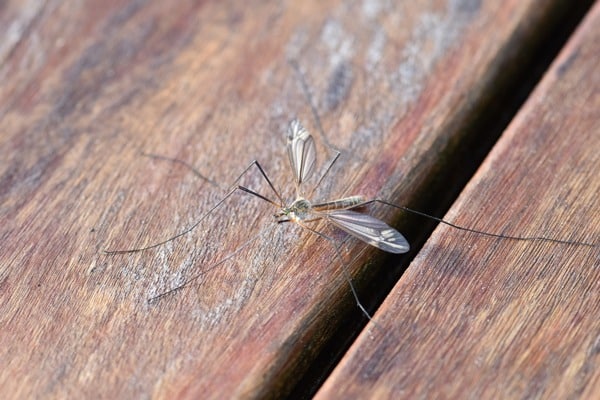Identifying which regulatory agency will give approval for a new product may be more confusing than expected for many companies developing genetically modified organisms. In the case of the British company, Oxitec, that recently developed a genetically modified mosquito to combat dengue virus, obtaining approval in the United States resulted in unnecessary delay due to confusion over which regulatory branch is responsible for providing approval for this type of product.
Dengue virus is responsible for causing Dengue Hemorrhagic Fever which often leads to death. In many parts of the world, such as Southeast Asia, this type of infection poses a serious threat. To date there is no effective treatment or vaccine to protect against infection. Since the virus is transmitted to humans via a mosquito vector, a viable solution is to eliminate the the mosquito carrier.
Based on this idea, Oxitec developed a genetically modified, sterile male mosquito which is by definition unable to produce offspring by mating. When Oxitec first attempted to get approval for their product, the company was initially asked to send their genetically modified mosquito to the US Department of Agriculture. But after 18 months, during which time there was no progress, the company was told that their application should have been sent it to the US FDA rather than the Department of Agriculture.
This type of confusion stems from a lack of an existing regulatory pathway designated for genetically modified animal products in the United States. In 1986, the Reagan Administration decided to implement existing laws, such as the Federal Insecticide, Fungicide, and Rodenticide Act and the Federal Food, Drug and Cosmetic Act, as a framework for regulating genetically modified organisms. Still in use today, this system has proven to be somewhat problematic.
In the case of Oxitec mosquito, because the FDA considers a genetically modified mosquito to be a new animal drug, approval must therefore be obtained from the FDA. On the other hand, a mosquito does not necessarily fit into the definition of a drug. Other types of products in this category include a genetically modified salmon designed to grow faster than wild salmon. This product, developed by a company called Aqua Bounty, has been in the process of regulatory approval for the past ten years due to the fact that it too is considered a drug. Given the fact that there is public controversy over the accepted use of genetically modified organisms, the regulatory process is further complicated by such confusion over definitions.
About Language Connections:
Language Connections is one of the top language service companies in the US. Over the last 30 years, we’ve focused on providing the best business translation services, interpreting services, as well as interpreter training and customized language training programs. In addition to top-tier corporate language training, we offer certified corporate interpreters and professional business translation services in 200+ languages. Our network includes linguists with backgrounds in all major industries. They’re ready to meet your needs, whether they’re for technical translation services, legal translation, government translation services, international development translation services, education translation services, life sciences translation, or something else. Reach out to us today for a free quote on our cost-efficient and timely translation services, interpreters, or other linguistic services.
Language Connections LLC
2001 Beacon Street, Suite 105,
Boston, MA 02135
Phone: +1-617-731-3510
Email: service@languageconnections.com


